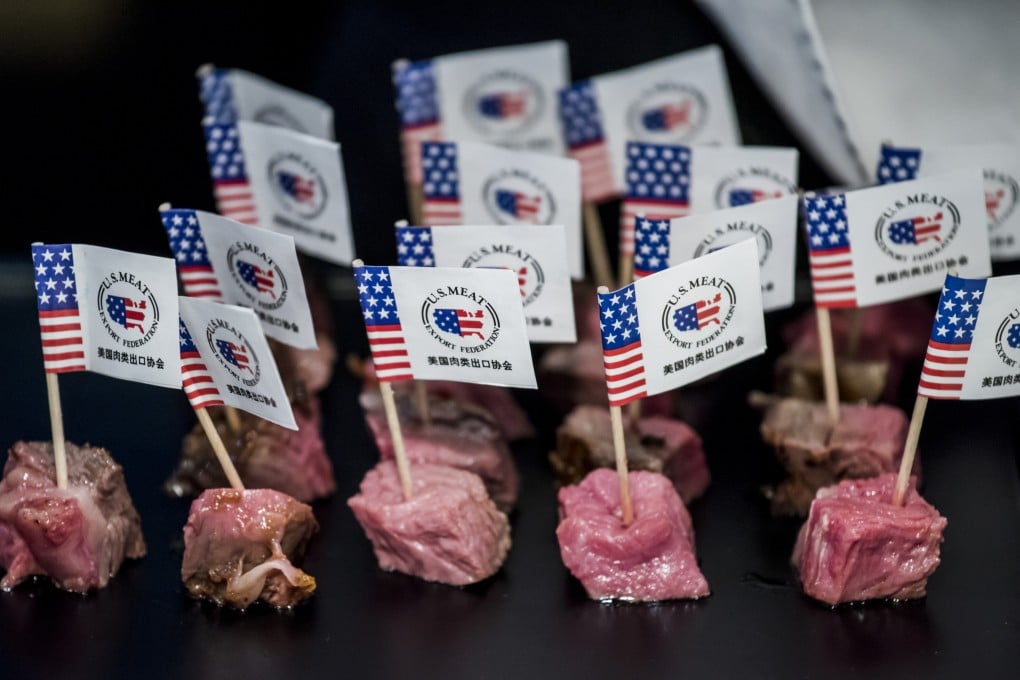Advertisement
US beef exports to China surpass ‘loyal ally’ Australia, exposing downsides of cosying up to West
- The US sent 192,000 tonnes of beef to China in 2022, about 20 times more than annual exports just a few years ago and slightly ahead of Australia
- Beijing-Canberra tensions are partly to blame for the loss of market share, though experts say it’s also the price of American security guarantees
Reading Time:4 minutes
Why you can trust SCMP
53

Su-Lin Tanin Singapore
For the first time, the United States exported more beef to China last year than its ally Australia, annual trade data shows – a consequence of both the trade war between the world’s two largest economies and heightened Beijing-Canberra tensions in recent years.
Australia’s annual exports to China of frozen and chilled beef products were about 185,000 tonnes in 2022, but it was just beaten by the US with around 192,000 tonnes of beef exports across chilled, frozen and offal products.
That’s a marked increase on the 6,000 to 10,000 tonnes of beef the US exported to China annually in 2018-2019, before the first phase of a trade war deal was signed that forced Beijing to import more American goods. The US’s foray into the Chinese market picked up pace in 2020 and its exports were neck-and-neck with Australia in 2021.

US annual exports to China of wine and cotton have also exceeded Australia’s. All three products, and more besides, were the target of trade measures Beijing unofficially imposed in 2020 after Canberra called for an investigation into the origins of the coronavirus, crumbling relations.
“After all these trade measures were put up, the Americans kept saying they had our back, that they were standing firm with us but they are selling more wine, more beef,” Geoff Raby, a former Australian ambassador to China, told This Week in Asia. “So much for the loyal ally.”
Raby said the government of ex-Prime Minister Scott Morrison, ousted in polls last May, had sought support for an international probe into the pandemic as a way of cosying up to Washington amid an already deteriorating relationship with Beijing.
Aside from being directly affected by the trade war, Canberra’s desire to stand with Washington could make Australia an indirect casualty of US-China competition, said Raby, who is now a non-executive director of coal miner Yancoal.
Advertisement